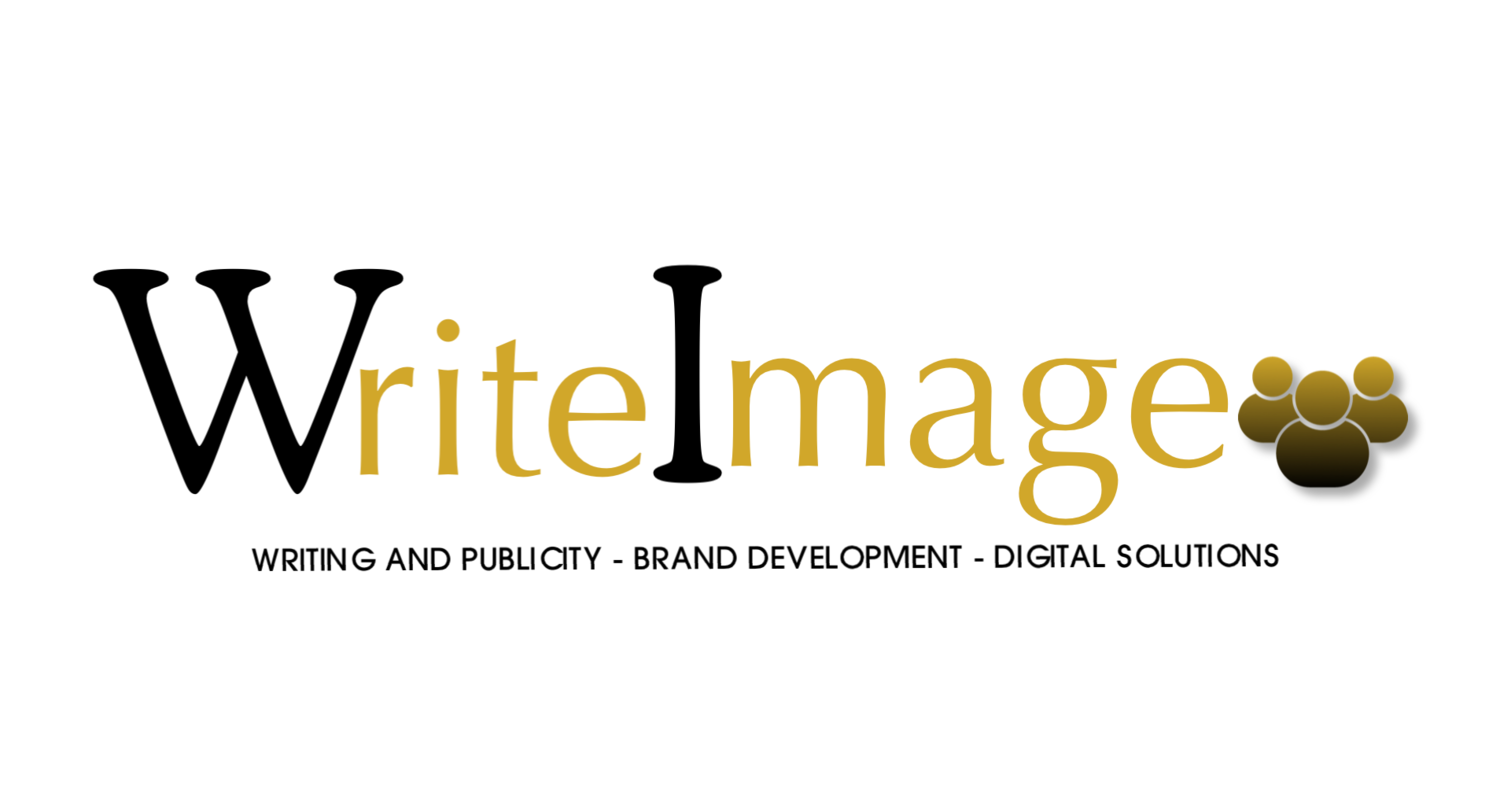Five Essentials for Building a Personal Brand
/Realize it or not, everyone has a personal brand. If your business involves you being in the forefront, personal branding should be a top priority. How you package yourself to the public is especially important when trying to convert your target audience into actual clients. The best advice is that you drive your personal brand versus letting it drive you. If you’re not quite sure where to start, here are five essentials you will need to help you on your way:
Define Yourself – Consider who you want to become, how you want to be known, and who you will serve. Be specific and don't be concerned with limiting yourself. Pinpointing your expertise and identifying your audience will provide clarity on how best to set yourself apart from others in your field. Once you have formulated and written your thoughts, this will become your personal branding statement. Your personal branding statement will help guide your day-to-day business and branding decisions.
Be Memorable – If you are mixing your personal brand with your business model, make it count. Memorable people have something that sets them apart from everyone else. Ask yourself, how do I add value and what makes me unique? Your response may be your expertise, appearance, personality, or ideology. Regardless of the “how”, don't be afraid to stand out, instead embrace it! In the world of personal branding, being memorable for the wrong reasons ranks higher than being forgettable.
Leverage Social Media - Don't miss out on opportunities to expand your influence and reach by using social media. Develop and execute a social media strategy and start by creating or strengthening your presence on Facebook, LinkedIn, Instagram, and Twitter. Social media provides an opportunity to reach a larger target audience, the key is consistency and good content. If you don't have the time to do it yourself, hire a social media manager. Social media management plans are affordable, but be sure to hire someone you entrust with communicating your brand.
Create a Personal Website - For independent professionals or industry experts, having a personal website is a necessity. It's a place where potential clients can learn about you and your expertise. Your website should be visually appealing and contain content that catches the attention of your audience. Depending on your profession, your website content will vary, however, including a bio, resume, portfolio, and links to your social media pages will cover the basics. There are numerous do-it-yourself website templates in the marketplace, but, if you are not tech savvy or if writing is not your forte', consider employing a website design firm or a content writer to achieve professional results.
Network, Network, Network - Connect with mentors and create partnerships. Associating with other respected professionals will help to build your brand's credibility and will serve as a valuable resource. You can learn a lot from those having already established their personal brand and you may be surprised by how many are willing to share their branding and business faux pas. Glitzy websites and trendy social media pages are not substitutes for networking, continue to build professional relationships and expand your knowledge base. Also remember, networking is not just about receiving, so be sure to play it forward when the opportunity arises.
Wanda Jones is the founder of WriteImage LLC a content writing, branding, and publicity firm.


